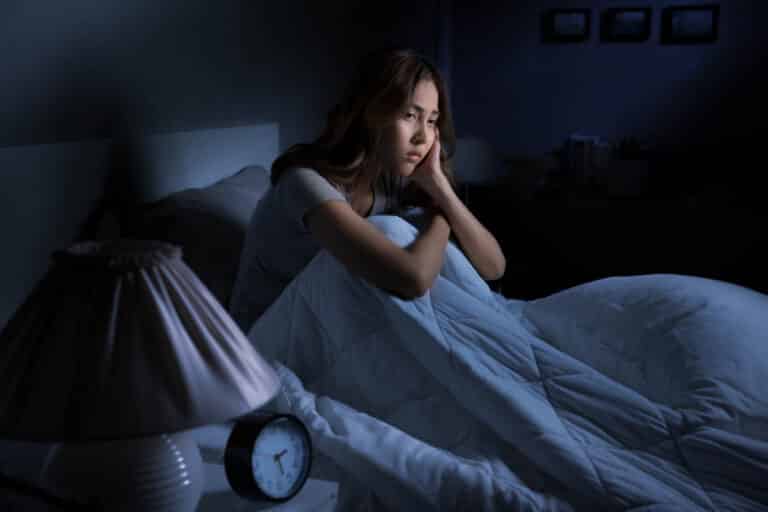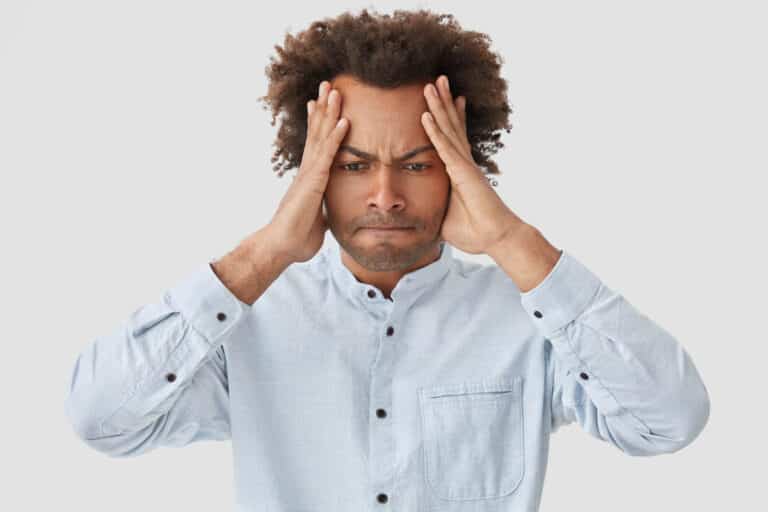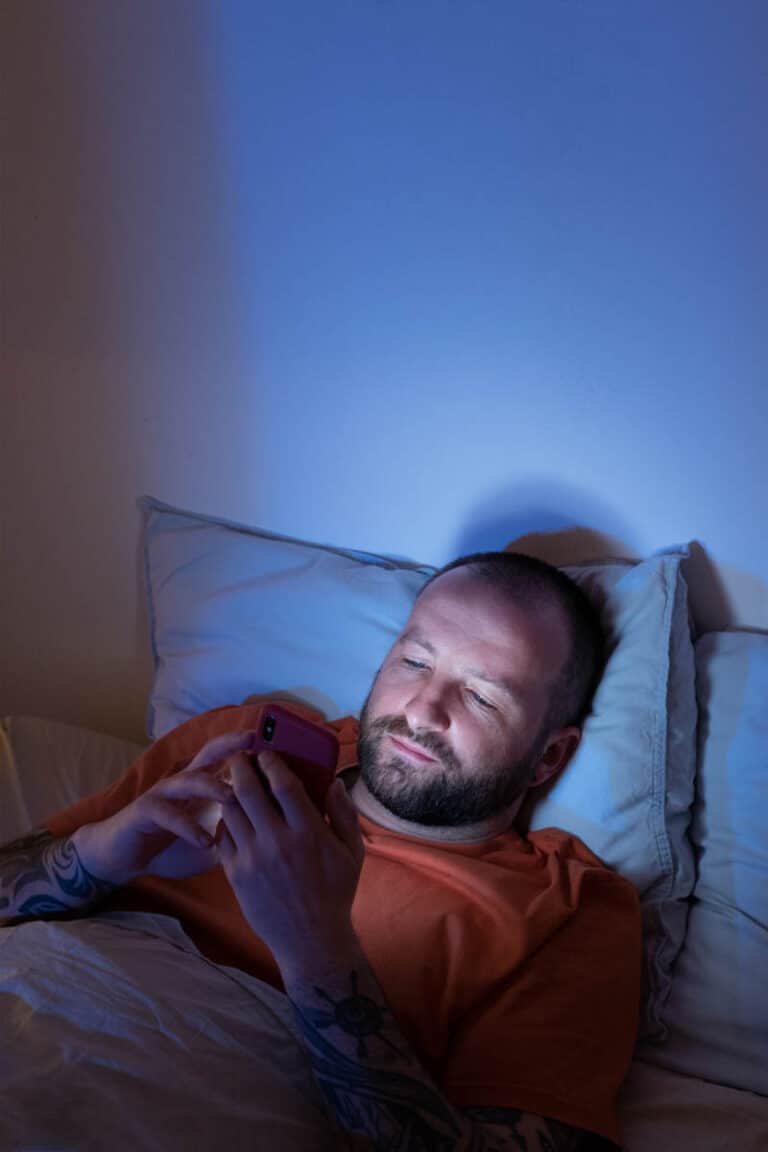Are you getting enough sleep? How often has this been asked at a doctor’s office, a friend, or a family member? How frequently have you been quick to say “yes” or “yeah right” or “I think so” and then transition to something else or a different thought in your mind that became the focus of your attention? For example, “I am not getting enough sleep, but it is justified because I have two young children,” or “I sleep well sometimes, so I am ok,” or “It is not a big deal; most people struggle with some sort of sleep problem.” While sleep can be taken for granted, most clients also take the symptoms and side effects of lack of sleep as something they just have to live with. Many people who experience confident sleep disruptions feel helpless about their ability to get restful and healthy sleep. The statistics on sleep disruption in the United States paint a concerning picture:
- Prevalence of Insomnia: According to the American Sleep Association, insomnia affects approximately 30% of adults in the US.
- Chronic Insomnia: About 10% of these individuals suffer from chronic insomnia, lasting for months or even years.
- Impact on Daily Life: Sleep disruption isn’t just a nighttime problem. It can lead to daytime fatigue, difficulty concentrating, irritability, and decreased productivity.
- Associated Health Risks: Chronic sleep disruption is linked to a higher risk of developing various health conditions, including hypertension, heart disease, diabetes, obesity, and depression.
- Economic Burden: The financial cost of sleep-related problems in the US is substantial, with estimates reaching billions of dollars annually due to lost productivity, healthcare expenses, and accidents.

Sleep is a cornerstone of our well-being. However, restful sleep is elusive for a significant portion of the US population. Insomnia isn’t just a night-time problem; it’s often the culmination of subtle anxieties that build up throughout the day. Many of us go about our daily routines unaware that underlying stressors are quietly taking up residence in our subconscious mind, later sabotaging our ability to sleep. To understand insomnia caused by subconscious anxiety, we must first explore how our thoughts, emotions, and physiological responses interact across the day.
The Link Between Anxiety and Insomnia
Anxiety triggers the body’s fight-or-flight response—a survival mechanism designed to help us respond to immediate threats. While this response is helpful when faced with danger, chronic anxiety keeps the system on high alert. Subconscious anxiety, in particular, doesn’t announce itself loudly. Instead, it manifests as persistent unease, racing thoughts, or even a vague sense of dread that lingers without apparent cause.
During the day, this low-grade anxiety might feel manageable. However, when we attempt to rest, the mind often amplifies unresolved concerns and buried stressors, resulting in a state of hyperarousal. This inability to “switch off” is one of the core reasons people struggle to fall or stay asleep.

How Subconscious Anxiety Develops Throughout the Day
- Micro-Stressors Accumulate: The modern world bombards us with constant demands—work deadlines, social obligations, and endless notifications. These minor stressors might seem insignificant on their own, but they pile up, creating a reservoir of tension. Subconscious anxiety arises when these stressors are not adequately processed.
- Emotional Suppression: Many people push aside uncomfortable emotions during the day, whether to maintain productivity or avoid conflict. Suppression might help in the short term, but unaddressed emotions often resurface at night, replaying scenarios or creating intrusive thoughts that make it hard to relax.
- Negative Thought Patterns: The brain’s default mode is often to focus on problems, scanning for potential threats even when none are present. This tendency can cause rumination—replaying worries or regrets in an endless loop—which lays the groundwork for sleepless nights.
- Physiological Conditioning: The body responds to perceived stress even without conscious awareness. Elevated cortisol levels, increased heart rate, and muscle tension accumulate throughout the day, making it difficult for the body to transition into the relaxation needed for sleep.

Signs That Subconscious Anxiety Is Disrupting Your Sleep
- Difficulty falling asleep despite feeling tired.
- Waking up in the middle of the night with a racing mind.
- Vivid or distressing dreams that leave you feeling unrested.
- Breaking the Cycle: Strategies for Better Sleep
- Daytime Anxiety Awareness
- Restlessness or physical tension, such as clenched jaws or tightened shoulders.
- Acknowledge and address stressors as they arise. Journaling, talking with a trusted friend, or practicing mindfulness can help you process emotions instead of suppressing them.
Breaking the Cycle: Strategies for Better Sleep
- Daytime Anxiety Awareness: Acknowledge and address stressors as they arise. Journaling, talking with a trusted friend, or practicing mindfulness can help you process emotions instead of suppressing them.
- Mind-Body Techniques: Techniques like progressive muscle relaxation, yoga, or deep breathing exercises help release accumulated physical tension, preparing your body for sleep.
- Set Boundaries with Your Day: Establish a “wind-down” period in the evening, free from screens and stimulating activities. Use this time for calming rituals like reading, meditating, or a warm bath.
- Reframe Negative Thoughts: Cognitive behavioral techniques can help identify and challenge unhelpful thought patterns, allowing you to replace them with more balanced perspectives.
- Practice Brainspotting or Emotional Release: As a counselor, I’ve found methods like Brainspotting particularly effective in accessing and processing subconscious anxiety. This technique uses focused mindfulness and body awareness to target and release deep-seated stress.
- Seek Professional Support: If insomnia persists, consulting a therapist or counselor can help uncover underlying anxiety and provide tailored strategies to address it.
Insomnia driven by subconscious anxiety isn’t just a nighttime issue—it’s an invitation to look deeper into how we process stress throughout the day. We can start breaking the cycle and reclaiming restful nights by becoming attuned to our emotional and physiological states. This takes conscious work on your part; don’t settle by ignoring, suppressing, pretending, or putting a bandaid on it. Remember, better sleep begins with a commitment to tending to your well-being, moment by moment.


Dr. Yaro Garcia
Hello, I am Dr. Garcia, please call me Yaro. My degrees are in clinical psychology and I am a licensed mental health counselor. My approach is caring, warm, safe, non-judgmental, and straight forward. It is a difficult decision to seek therapy, I take time to build a trusting therapeutic relationship with you…
















